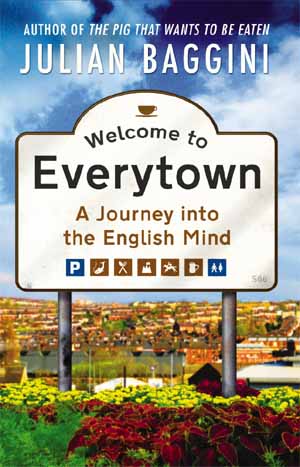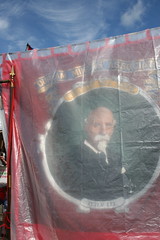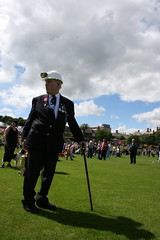no such thing as society #3: and i'm in-between


Saturday's 124th Miners' Gala in Durham followed on from a visit to the Tullie Gallery in Carlisle to catch the 'No Such Thing as Society' exhibition before it closed and moved on to Poland. This confluence of social and class interests was also marked by finishing Michael Collins' 'The Likes of Us' biography of the white working class communities in South London. Overlapping images from the Gala and the exhibition dominated: industry and men, tied to history & communities. Collins' strident chippiness (a positive thing for me) might have found some company at the Gala.


Among the exhibition's images of how people were coming to terms with nothing (having, doing, being seen as etc.) was Derek Boshier's astonishing psychogeographic-motorik along Byker's streets in 1975. This broken sidelong glance at the everyday: presenting a re-design of this front street, a patching together of high-street colour prints in a way that isn't allusive towards animation or such cliched storyboard visual tropes but - rather - jars your experience as observer/viewer. Not a straight social-doc. pic, that.
Post-completion, it's interesting to view Collins' often furious line-in-the-sand alongside two other Granta books I've not long finished: Lynsey Hanley's 'Estates' & Julian Baggini's 'Welcome to Everytown'. I know I might be coming a bit late to each of them (as a guy behind the counter in Carlisle's incredible second-hand bookshop remarked on my purchases last Friday) but this sharpening and refocusing on the documentation of class ('the lost identity of identity politics') seems to be marking a cultural turn.
The dis-location first glimpsed in Paul Graham's DHSS Offices (Liverpool, London, Bristol) and Tish Murtha's quasi-Clockwork Orange bombed-out / unemployed Newcastle youth is fully realised in what Collins, Hanley and Baggini seem to want to readdress. Tying each of these three books together is an attempt to discuss how and where we (want to) live, notions of the everyday and of lived experience and how we might record a community's social history. More significant is a growing discomfort / simmering resentment / plain-fucking-fury with a mediated image of (my/our/their) community and the rituals, habits and behaviour that are marked out as the not-us and as such are, again, marked out for a continued collective kicking (although the whys and wherefores of each author's own critical position is another matter entirely). This morning the Fabian society seriously argued that 'chav' should be obliterated from our collective vocabulary.
Labels: durham miners gala, nosuch thing as society, the